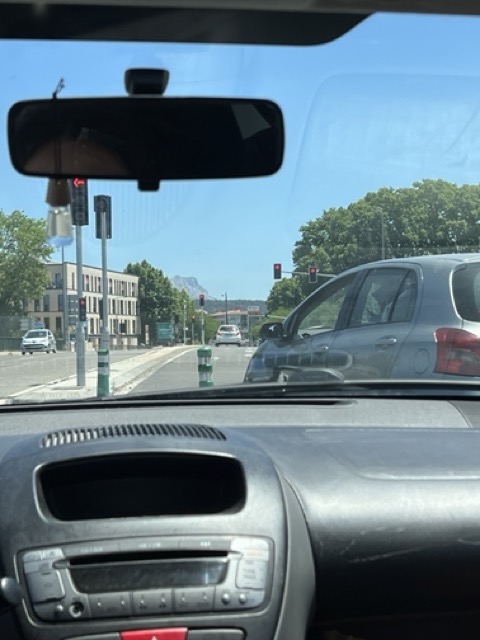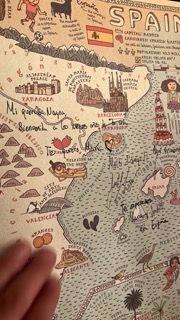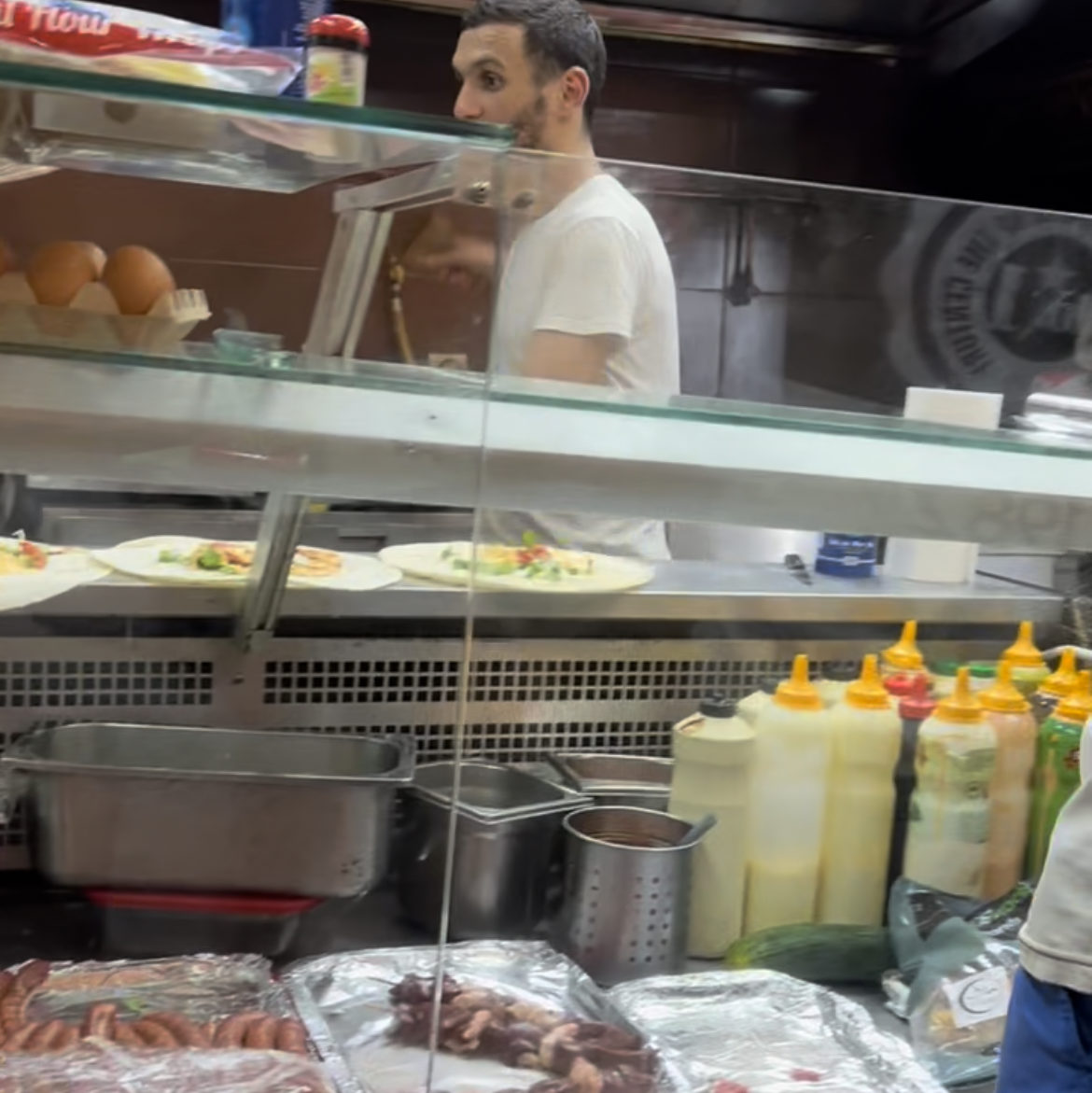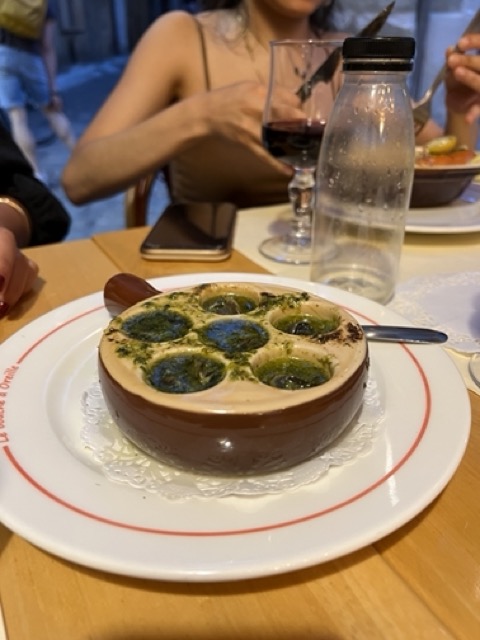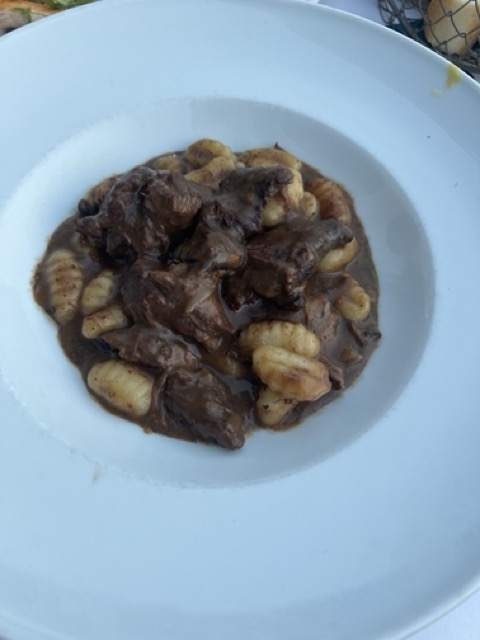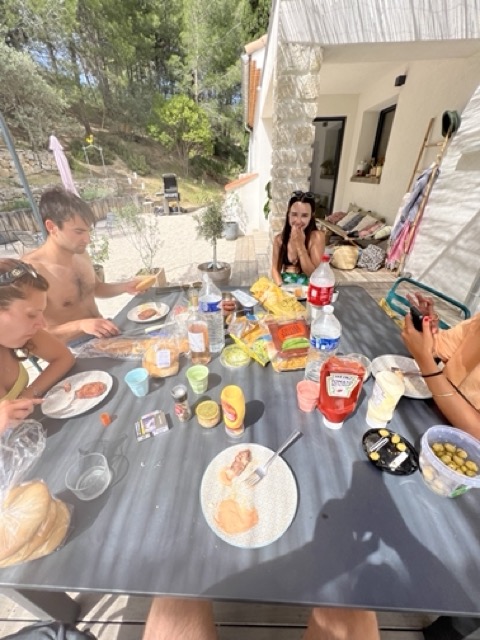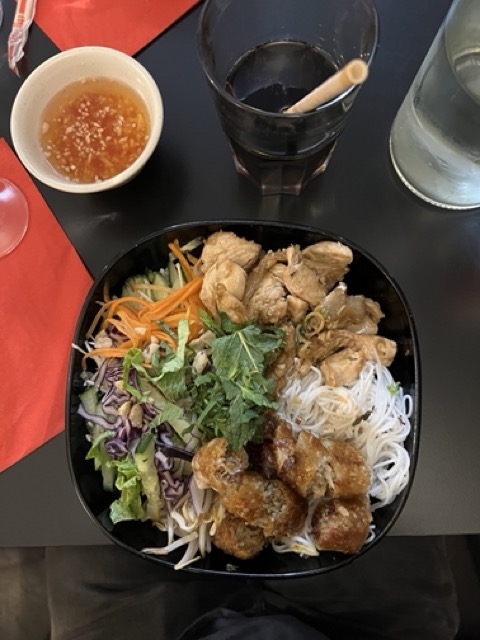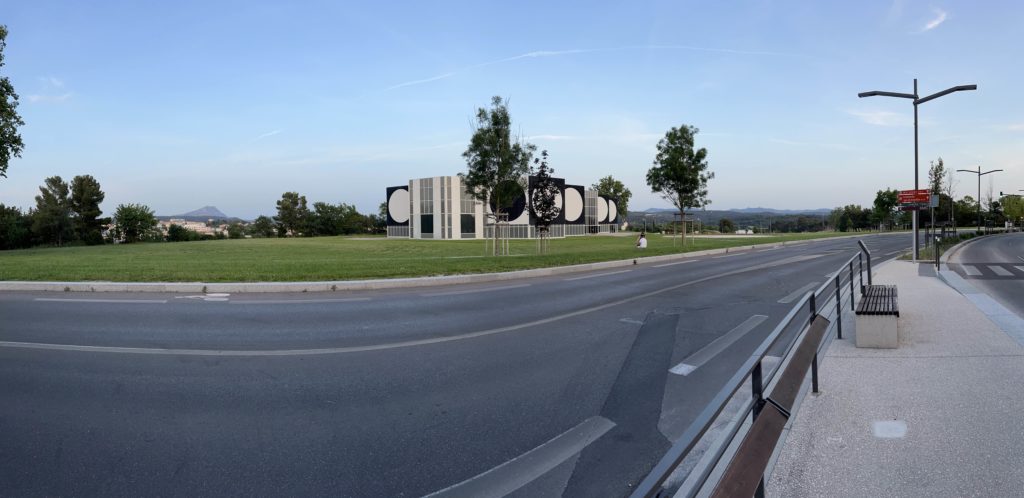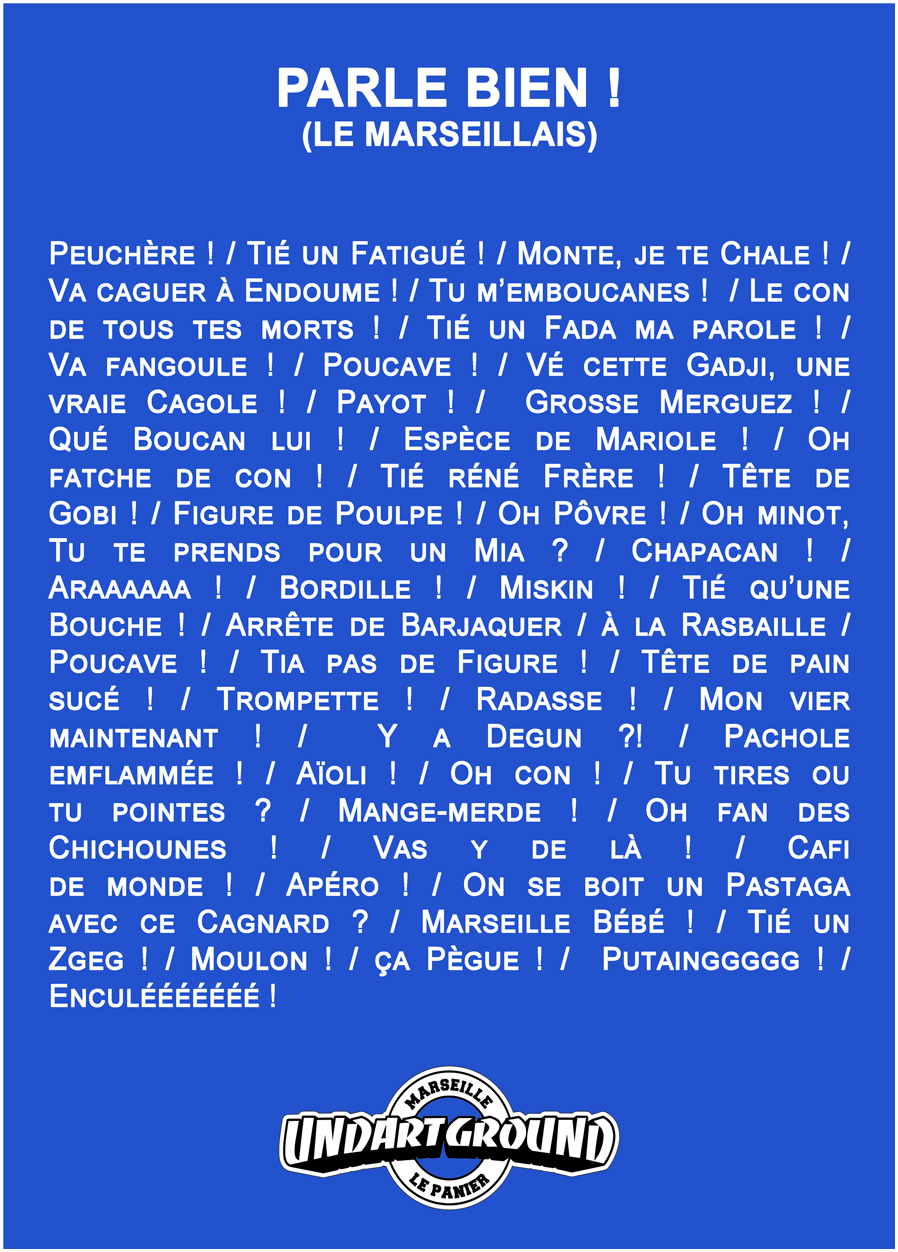One phenomenon that has intrigued me for some time is the music festival. I have learned that there are two main types: private and public. A few weeks ago, I attended the Marsatac festival in Marseille to see my favorite artist of all time, Damso. It was magical; so much so that I cried happy tears on the walk home from the bus station.
At the festival, there were other attractions and artists to see, as well as food and drink, and it took place in a large park that was not far from one of the larger beaches in Marseille. This was my impression of a music festival, so the notion of something more public was very intriguing to me. Online, the public music festival of Aix looked to be similar; the tourism office promotes it as a cultural gathering with all types of music. At the same time, there was a similar festival that same night in Marseille right by the beach, but this was marketed as more of an EDM rave. Although it was a tough decision, I decided to stay in Aix with my friends from class and explore La Fête de La Musique in Aix. I made the right choice. The main street in Aix, le Cours Mirabeau, was absolutely full of people waiting to see the next act on a stage at the end of the street. We walked a few minutes to the main squares further into the city center, and they were also full of people. Bars played music loud, and there were makeshift stages in the corners of the squares. Essentially, almost everywhere you went, there was music and people. I learned that the scene earlier in the day was much different, consisting of more folk music exhibitions.
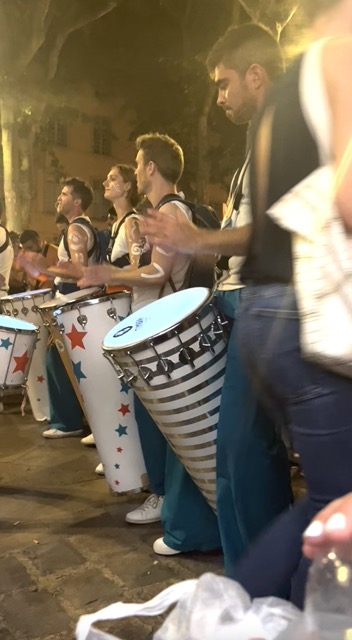
Broadly, however, it was an intensely gratifying experience to hear French music in stores, bars, and clubs. I have been listening to French music for the past six years, but I have never heard it in public, let alone with everyone around me singing along. I mentioned in my application that I wanted to go to Marseille because some of my favorite rappers come from that city. Yet, I did not know the grip that two of them, Jul and Naps, exerted on the city.

As I explored Marseille, I recognized monuments and street names from song lyrics, and it made me feel like I knew the city so much better. All in all, I know for a fact that I will dearly miss the music scene in Provence, but I find comfort in knowing that I can take it with me wherever I go.
